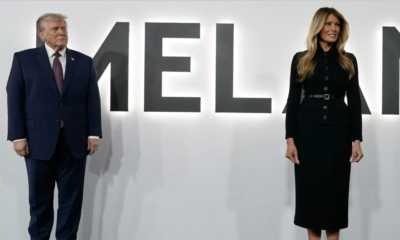E-commerce
India’s draft e-commerce rules will increase trade barriers for SMEs, says Australia
The Australian government believes India’s proposed amendments to the Consumer Protection Rules, 2020 (draft e-commerce rules) would be overly prescriptive and increase trade barriers, particularly for SMEs. The draft e-commerce rules, published on June 28, seek to tighten the regulation on online marketplaces.
In a letter to the Department of Consumer Affairs, the Australian government pointed out that the new rules would impose extensive extraterritorial obligations on foreign e-commerce entities operating in India.
The new rules redefines the term ‘e-commerce’ to mean persons who own, operate or manage digital or electronic facility or platform for electronic commerce. The draft rules propose to amend the definition to now include entities engaged by e-commerce entities for the purpose of fulfillment of orders placed by the user on its platform; and related parties.
It proposes new duties of e-commerce entities to ban flash sales – only flash sales which limit consumer choice by indulging in back-to-back or flash sales are banned. Moreover, it wants e-commerce entities to not indulge in mis-selling. Mis-selling means the selling of goods and services by the deliberate misrepresentation of the information provided by the e-commerce entity about the suitability of goods and services to the consumer purchasing it.
The Australian government raised concerns about the definition of mis-selling, mandatory registration of e-commerce companies with the Indian government and time stipulation to redress complaints. “We support efforts to implement rules that prohibit fraudulent business practices online. We note however that the organization of flash sales by e-commerce entities is commonplace and a widely accepted international practice. In that regard, we would welcome clarification on how fraudulent interception could be determined in practice, and what technological means might encompass,” the letter stated.
It noted that the e-commerce rules, as written, are likely to have a significant adverse impact on Australian e-commerce entities which operate in India. “The rules would impose unreasonable compliance costs and be particularly onerous for SMEs, which would likely have implications on competition and consumer choice in India.”
Also Read: Audi set to accelerate sales growth in India with the all-new Q5 SUV
India and Australia have agreed to include e-commerce in the final free trade agreement which is likely to be put in place by end of next year. Dan Tehan, Australian Minister for Trade, Tourism and Investment, had told the media that e-commerce was something that they discussed. “And what Minister Piyush Goyal and myself agreed was that there would be an e-commerce chapter in the final agreement.”









































Pingback: Be ready to travel on Dekho Apna Desh AC Deluxe Tourist Train.